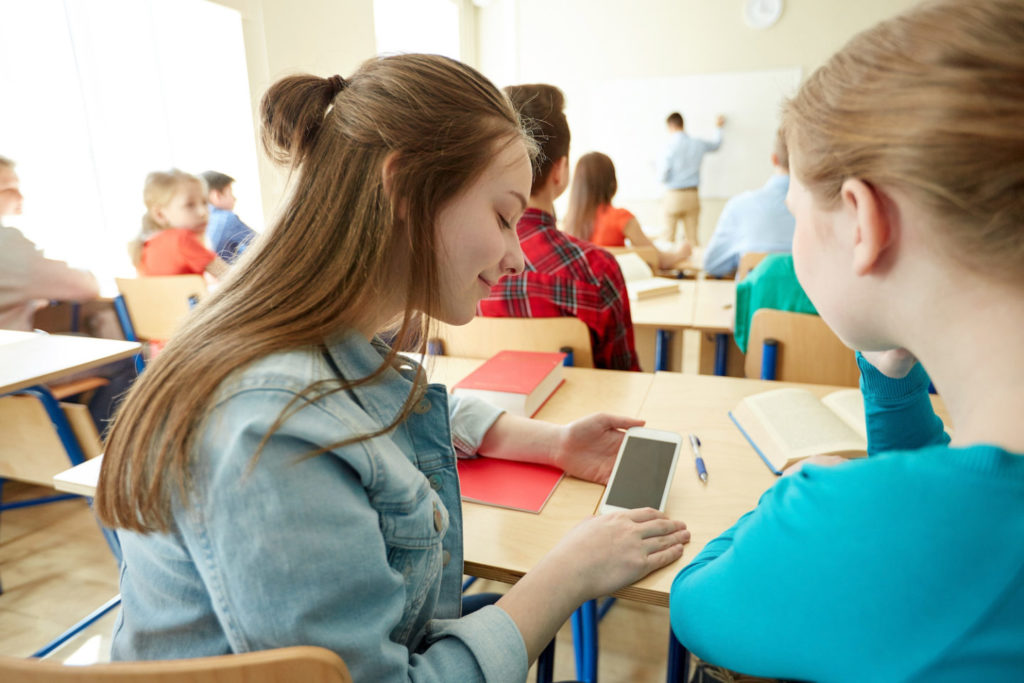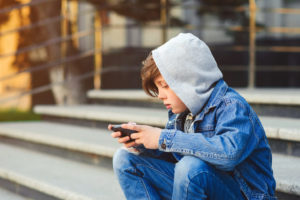Cellphone restrictions are helping students improve at this Washington school district
A Washington school district is seeing positive change after implementing a policy to limit social media access and restrict cellphone use in class.
The Peninsula School District near Tacoma…

A Washington school district is seeing positive change after implementing a policy to limit social media access and restrict cellphone use in class.
The Peninsula School District near Tacoma approved the new policy in July, which states “telecommunication devices will be accessed and operated only before and after the regular school day and during the student’s lunch break.”
The only exceptions listed are emergency situations involving imminent physical danger or instances of administration approval.
The district has also restricted social media use on school networks, except for Pinterest, according to the Seattle Times.
While there are ways around the school’s filters, Executive Director of Digital Learning Kris Hagel says district network engineers are continuing to improve the system.
“Kids are always finding ways around filters, and we’re finding ways to stop them from getting around the filters,” Hagel said, the Times reported. “It’s the cat-and-mouse game back and forth.”
Hagel says she noticed when kids returned from pandemic closures, they were more addicted to their devices.
“I’m not an expert, but it looked a lot like addiction,” she said. “I would sit in the back of the classroom and just see ping, ping, ping all over the room, and it’s just kids getting messages. It was just constant throughout the day.
“You would watch the kids completely check out of the instruction that’s happening, completely check out of the group work they might have been working on or the work they were doing by themselves and just completely dig into whatever is happening on their phone.”
The policy seems to be having positive results.
“Principals came back and said, ‘You know, it’s really actually different [this year],’” Hagel said. “Kids are sitting in class and talking to each other before the teacher starts talking. Or at assemblies, kids are actually sitting and having conversations with each other, and they’re talking more at lunch, even though technically they can pull their phones out.”
Some students have reported feeling more focused in class, seeing grade improvements, and interacting more with classmates due to the new policy.
“The kids have been surprisingly positive about it,” Hagel said.
In accordance with the new policy, “students who violate this policy will be subject to disciplinary action,” including getting their phones confiscated.
States such as Tennessee, Florida and California have passed legislation allowing schools to restrict or prohibit the use of personal mobile devices in schools.
“I feel like students should not have a cellphone at any point in the regular school day,” one middle school teacher in Tennessee said, according to Education Week. “Our district has started a no cellphone policy this year and the difference has been strictly positive. Students are paying attention more in classes and there is nowhere near as much online bullying compared to previous years when cellphones were allowed.”



